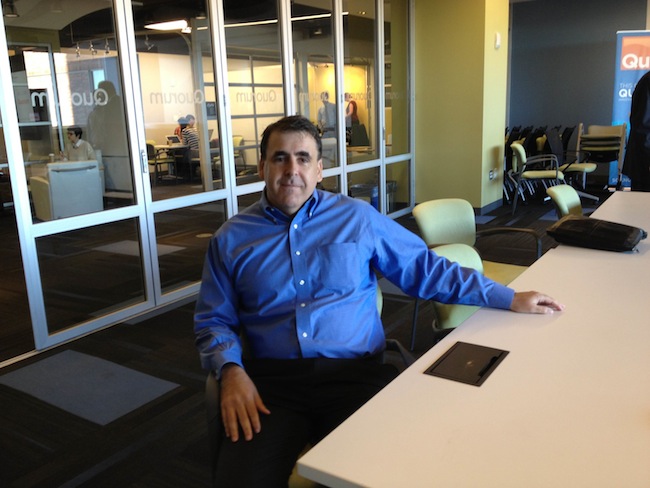Big news from the Rittenhouse Ventures today: the Navy Yard-based venture firm closed its second fund.
The big number? $18 million of committed capital going to seven companies from D.C. to Connecticut, four of which hail from Center City Philadelphia.
Building from the performance of Fund I — which included names like Tabula Rasa (currently awaiting approval on the IPO it filed in January) — the company targeted “capital-efficient, Mid-Atlantic software companies” in the healthcare, life sciences, finance and human resources spaces.
Rittenhouse closes its $18m Fund II, focused on regional B2B software #Philly #VC https://t.co/gskL4Nhn8b
— Rittenhouse Ventures (@RittenhouseVC) September 22, 2016
Investors in the fund, besides the usual lineup of CEOs and wealthy folks with industry backgrounds, include Ben Franklin Technology Partners and the state-backed Innovate in PA.
“We’ve been proud to be part of the Rittenhouse story from the start,” Ben Franklin President and CEO RoseAnn Rosenthal said in a press release. “The Rittenhouse team is aligned with our focus on delivering the right capital and guidance to growing technology companies.”
###
Cofounder and managing partner Saul Richter sat down with Technical.ly for a look at lessons learned from the funding round, the changes from the previous round of investments and how chasing unicorns stills sucks as a business model.
“Looking for solid businesses we can grow with relatively little capital is still our focus,” Richter said. “The energy in the area has been the highest its ever been. And every deal we’ve done so far has been within an hour drive from here.”
But what has changed since the first time around? Besides the addition of Penn grad Jayson Tischler to the roster, Richter said the second fund allowed the firm to do more “cub deals” — deals in the $50,000 to $250,000 range — with smaller companies.
“We get involved and help guide them,” said Richter. “Building supportive relationships with companies in their early stages is a big lesson we’ve learned from nine years of doing investment in the area.”
Here’s the lineup of companies tapped to participate in Fund II:
As the fund wraps up, Richter said the main lesson for the future of Rittenhouse is to trust the model they’ve set up since 2006. “We’re looking to build a platform, a replicable model based on a regional fund with a strong Philly-centric focus,” he said.
Before you go...
Please consider supporting Technical.ly to keep our independent journalism strong. Unlike most business-focused media outlets, we don’t have a paywall. Instead, we count on your personal and organizational support.
Join our growing Slack community
Join 5,000 tech professionals and entrepreneurs in our community Slack today!

20 entrepreneurship, tech and startup events to fill your February

Comcast isn’t worried about free Super Bowl streaming — here’s why

Philly grandpa scores Super Bowl tickets thanks to a local startup that raises money for nonprofits

